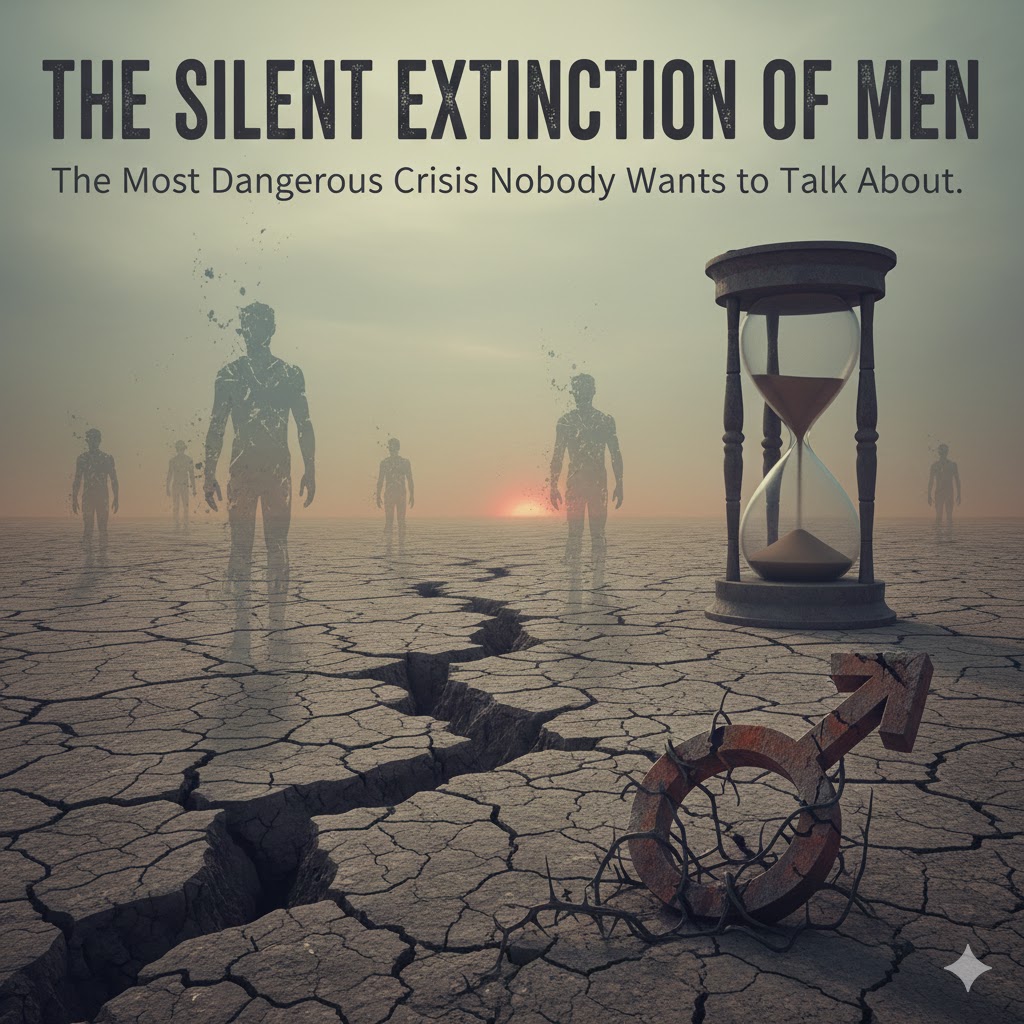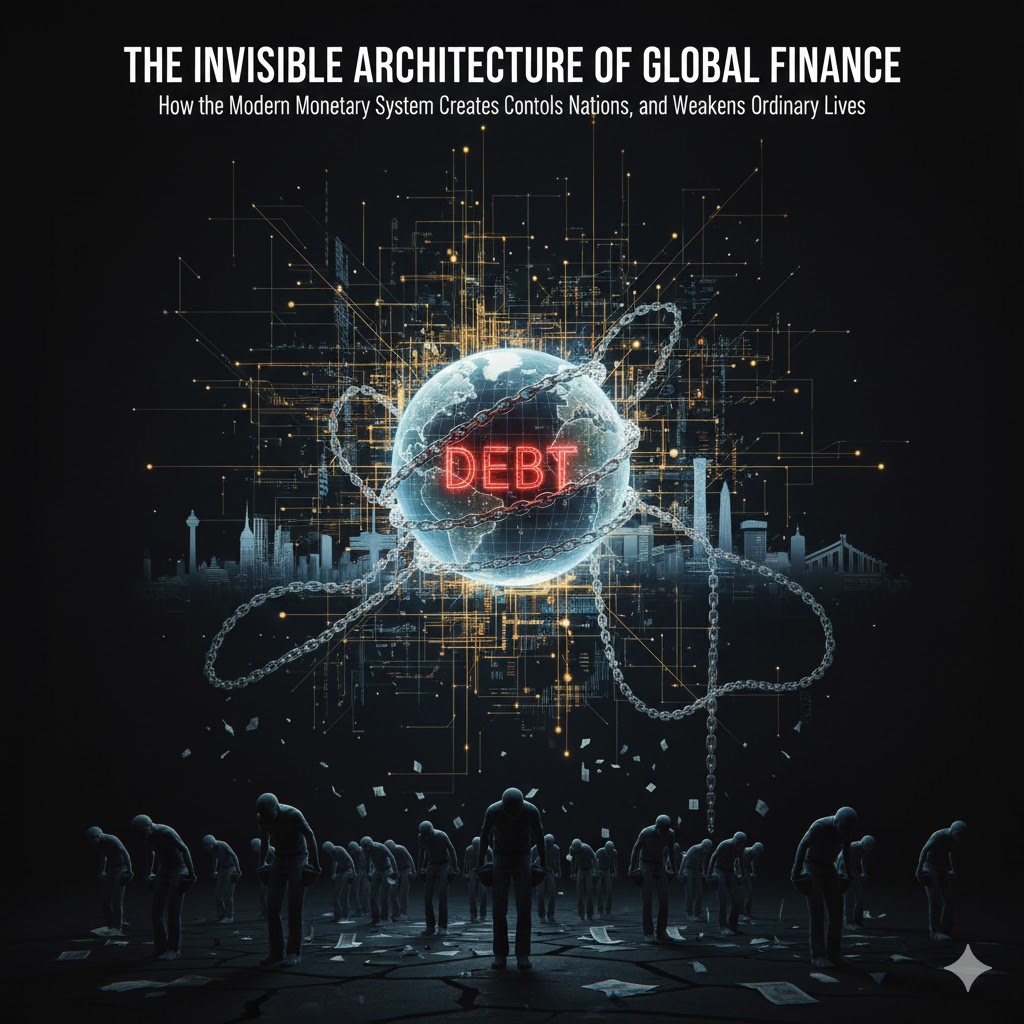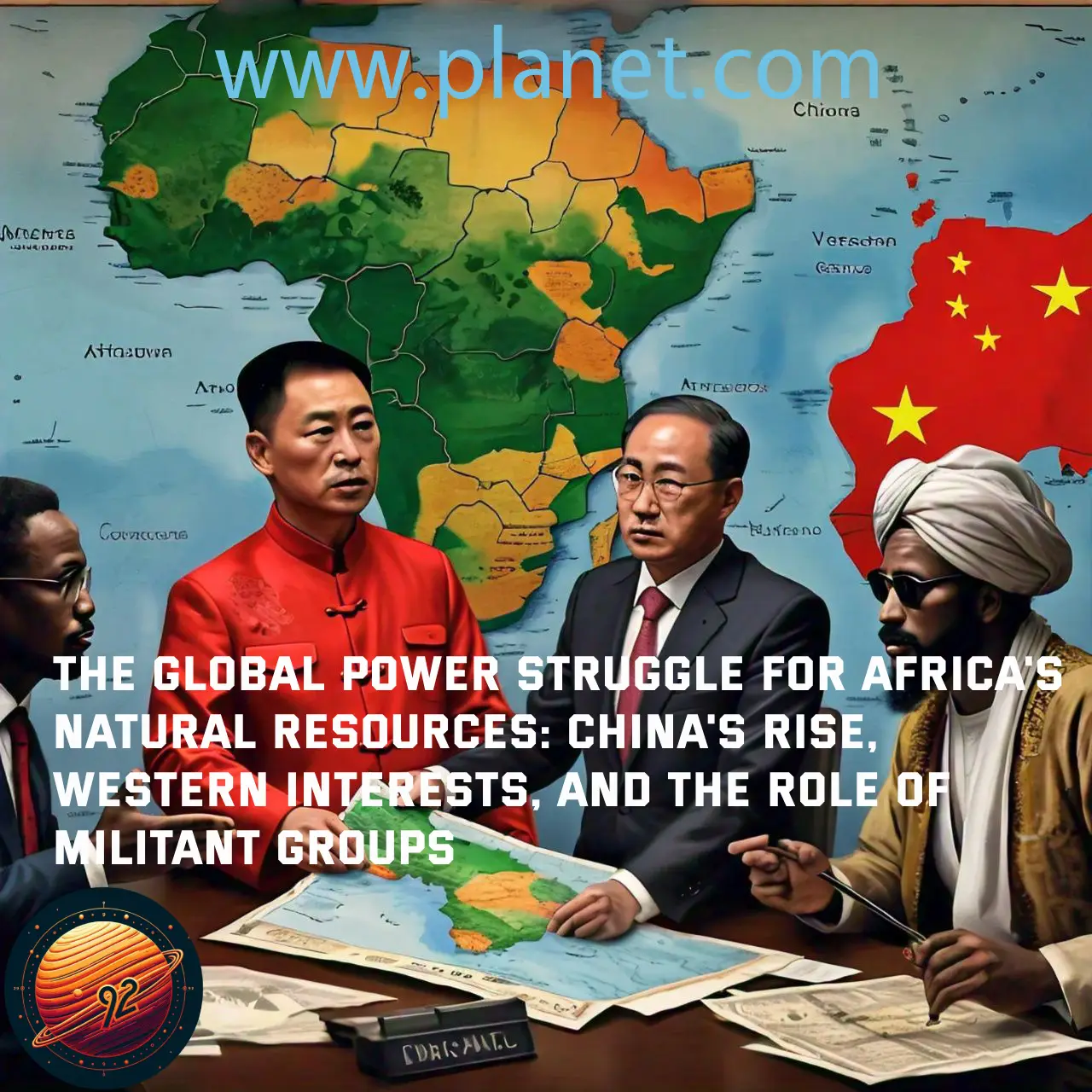Introduction:
Africa, a continent rich in natural resources, has become a focal point in the global geopolitical landscape. With abundant reserves of oil, gas, minerals, and rare earth elements, Africa offers strategic opportunities that attract global powers like China, the United States, India, France, Turkey, and the European Union. However, these interests are not solely driven by economic incentives. The interplay of politics, militarism, and economic dominance has shaped the African continent into a battleground for influence, where external powers exploit local poverty and political instability to secure their stakes.
The competition for influence and natural resources in Africa has intensified in recent years, with key global powers such as China, the U.S., India, France, Turkey, and the European Union vying for control. The focus is on leveraging Africa’s vast reserves of natural resources, geopolitical significance, and growing markets. The involvement of these powers has implications for political stability, economic development, and social conditions, particularly in regions plagued by poverty and militant groups.
China’s significant role in Africa has been growing, with investments in infrastructure, mining, and energy projects aimed at securing access to raw materials for its rapidly expanding economy. The Belt and Road Initiative (BRI) has been pivotal in strengthening China’s foothold, while Chinese financial and technological aid has contributed to many African nations’ development. However, China is not the only player. The U.S. has long-standing economic interests in Africa, particularly in oil-rich regions, and has often utilized military alliances and support to maintain its influence. Meanwhile, India and Turkey are expanding their economic presence, competing for similar resources and influence, particularly in East and North Africa. France and other European powers continue to leverage their colonial history, maintaining control over African resources through political and economic ties.
In this evolving geopolitical game, militant groups, backed by both state and non-state actors, play a crucial role in destabilizing regions, creating conditions that allow foreign powers to exert greater control. The cycle of poverty, political instability, and exploitation has become a mechanism by which these global powers maintain dominance over Africa’s resources. This article explores how these foreign influences have shaped Africa’s political and economic landscape, leading to deeper questions about the future of the continent and its role in the new global order.
1. America’s Role and Influence in Africa
The United States has historically maintained a significant presence in Africa, largely shaped by its geopolitical and economic interests. These include access to Africa’s natural resources, particularly oil, rare earth metals, and strategic minerals like cobalt, as well as efforts to counterbalance the growing influence of China and other global competitors. The U.S. has also pursued a strategy of military engagement, often through alliances and security programs such as AFRICOM (United States Africa Command), aimed at securing its interests while promoting stability, democracy, and security across the continent.
Economic Interests
Africa is home to several resource-rich nations, and the U.S. has long sought to maintain access to these natural reserves. For example, in the early 2000s, Africa supplied nearly 15% of the U.S.’s oil imports, with Nigeria, Angola, and Algeria being key partners. Although U.S. oil imports from Africa have declined due to the shale revolution, strategic minerals like cobalt, which is essential for batteries and electronics, remain a vital area of interest. The Democratic Republic of Congo, home to over 60% of the world’s cobalt reserves, has been a particular focus for U.S. corporations.
Through programs such as the African Growth and Opportunity Act (AGOA), which gives African nations tariff-free access to U.S. markets, the U.S. has fostered economic ties with sub-Saharan Africa. However, U.S. investment has often been eclipsed by China, which has taken a more aggressive approach to securing African resources through infrastructure projects and financial aid.
Military Presence and AFRICOM
The U.S. military strategy in Africa is primarily executed through AFRICOM, established in 2007. AFRICOM’s mission is to support U.S. national security interests by working with African states and regional organizations to fight terrorism, prevent conflicts, and strengthen military capacity. U.S. forces have been involved in counterterrorism efforts in the Sahel region and Somalia, fighting groups like Al-Qaeda in the Islamic Maghreb (AQIM), Boko Haram, and Al-Shabaab.
AFRICOM has also been criticized for its indirect role in fueling local conflicts. By providing arms, training, and logistical support to certain governments and groups, critics argue that the U.S. has exacerbated political instability, especially in regions where militant groups compete for control over resource-rich territories.
CIA’s Role in Africa
The Central Intelligence Agency (CIA) has played a covert but substantial role in Africa’s political dynamics. Throughout the Cold War, the CIA was instrumental in orchestrating coups and supporting regimes that aligned with U.S. interests, often at the expense of African sovereignty. One of the most infamous examples is the assassination of Congolese leader Patrice Lumumba in 1961, where the CIA supported his removal due to fears that his leadership would lead to the spread of Soviet influence.
More recently, the CIA’s involvement has been tied to intelligence-gathering operations related to terrorism and monitoring China’s growing influence. The agency has partnered with local governments in countries such as Kenya, Niger, and Ethiopia to bolster counterterrorism operations, providing technical assistance and intelligence sharing.
Influence on Governance and Democratization
In addition to military and economic interests, the U.S. has long been involved in promoting governance and democratic reforms in Africa. The U.S. Agency for International Development (USAID) has provided billions in aid for programs aimed at building institutional capacity, improving governance, and fighting corruption. For example, the U.S. has provided substantial aid to South Sudan, which gained independence in 2011, though the country has since descended into civil war, raising questions about the effectiveness of U.S. intervention in promoting long-term stability.
However, American efforts at promoting democracy in Africa have been inconsistent, often driven by strategic interests. Countries with significant resources or strategic importance, like Egypt, have been able to maintain autocratic regimes while still receiving U.S. military and economic aid. This has led to criticism of U.S. foreign policy as being hypocritical, advocating for democracy only when it aligns with its strategic interests.
Countering China
One of the U.S.’s primary concerns in Africa has been countering China’s expanding influence. China has established itself as Africa’s largest trading partner, with a trade volume of $254 billion in 2021 compared to the U.S.’s $64 billion. Through the Belt and Road Initiative, China has invested heavily in African infrastructure projects such as roads, railways, and ports, while offering loans and financial aid to African nations. Many African leaders have welcomed Chinese investment due to its focus on development and infrastructure, areas where Western aid has often fallen short.
In response, the U.S. has launched initiatives like “Prosper Africa,” aimed at increasing two-way trade and investment between the U.S. and African nations. Still, U.S. efforts are often viewed as reactive rather than proactive, and many African countries continue to view China as a more reliable partner in terms of infrastructure development and financial assistance.
2. China’s Role in Africa
China’s engagement in Africa is heavily centered on infrastructure development through its Belt and Road Initiative (BRI). It is Africa’s largest bilateral creditor, with a significant share of the continent’s external debt—approximately 14% of Sub-Saharan Africa’s total debt【297†source】. By financing large-scale projects, China secures access to strategic resources such as oil, minerals, and metals, which are vital for its industrial base. For instance, Chinese companies have invested heavily in Angola’s oil sector and Zambia’s copper mines.
Beyond natural resources, China has also fostered trade and investment relations, with two-way trade between China and Africa exceeding $200 billion annually. Additionally, China’s involvement has contributed to job creation and skills transfer, but it has raised concerns about debt sustainability and labor rights.
3. India’s Strategy in Africa
India’s role in Africa is multifaceted, with a focus on healthcare, IT, and agriculture. India’s trade with Africa reached $70 billion in 2022, with significant investments in the pharmaceuticals and telecommunications sectors. Indian companies have also invested in African mining, particularly in South Africa and Mozambique, where coal and metals are critical for India’s energy and industrial needs.
India’s approach emphasizes capacity building, with educational programs for African students and the establishment of IT hubs. Like China, India seeks long-term access to African resources but aims to distinguish itself through soft diplomacy and technical cooperation.
4. France and the European Union
France has maintained its influence in Francophone Africa, particularly in former colonies such as Mali, Niger, and Côte d’Ivoire. French companies dominate sectors like telecommunications, mining, and oil extraction, while French military forces are stationed across the region, primarily to combat militant insurgencies.
The European Union (EU) has expanded its strategic partnership with Africa, with trade exceeding $300 billion annually. The EU has signed Economic Partnership Agreements (EPAs) with 40 African countries, granting European companies preferential access to African markets【297†source】. The EU also promotes sustainable development initiatives and supports infrastructure projects, positioning itself as a counterweight to China’s dominance.
5. Turkey’s Growing Influence
Turkey’s involvement in Africa has grown significantly under President Erdoğan, with Turkish businesses expanding into construction, energy, and healthcare. Turkish Airlines has opened numerous routes across Africa, and Turkish companies are engaged in infrastructure projects in countries like Somalia and Sudan. Turkey uses a mix of soft power, including humanitarian aid and religious diplomacy, to build ties.
Turkey has also secured defense contracts with African governments, including the sale of drones, positioning itself as a key military partner in Africa. This has heightened its competition with traditional powers like France and emerging players like China.
6. Use of Militant Groups and Political Instability
Global powers often exploit Africa’s political instability and weak governance to secure their interests. In regions like the Sahel, resource-rich areas are often controlled by militant groups such as Al-Qaeda in the Islamic Maghreb (AQIM) and Boko Haram, which indirectly serve the interests of foreign powers by maintaining instability. These groups often disrupt local governance, allowing foreign corporations to extract resources with limited oversight.
Moreover, political instability fosters dependence on external military aid, as seen in Mali, Chad, and Somalia, where French, U.S., and Turkish forces have established long-term military presences to counter insurgencies, all while protecting resource extraction sites.
7. Natural Resources and the Struggle for Control
Africa is rich in critical resources like oil, natural gas, cobalt, gold, and rare earth minerals, which are vital for global industries, particularly in electronics, energy, and automotive manufacturing. The Democratic Republic of Congo (DRC), for instance, holds 60% of the world’s cobalt reserves, essential for electric vehicle batteries. China dominates cobalt extraction in the DRC, while Western companies vie for a share in rare earth mining in countries like Tanzania and South Africa.
In the oil sector, Nigeria, Angola, and Libya have been significant battlegrounds for control between Chinese, European, and U.S. firms. Western oil companies, such as TotalEnergies and Chevron, have secured major contracts in these countries, while China has invested heavily in oil pipelines and refineries.
8. The Impact of Poverty and Governance on Resource Exploitation
The prevalence of poverty, weak institutions, and corruption in many African countries enables foreign powers to exploit resources with minimal resistance. Governments often accept unfavorable deals, leading to the loss of sovereignty over their natural resources. For instance, Angola’s dependency on Chinese loans has led to long-term concessions in its oil sector, while Ghana’s gold mining sector is dominated by foreign companies despite efforts to retain control.
Political elites often benefit personally from these arrangements, further entrenching poverty and inequality. The result is a vicious cycle where resource wealth fails to translate into broader economic development, fueling discontent and insurgencies, which in turn justify continued foreign intervention.
Conclusion
Africa’s natural resource wealth continues to attract global powers, each pursuing their interests through a combination of investment, military presence, and diplomatic engagement. China’s infrastructure projects, the EU’s trade agreements, the U.S.’s military bases, and Turkey’s soft power initiatives all reflect a broader strategy of securing access to Africa’s resources. Political instability, poverty, and militant groups have inadvertently aided these powers by providing a pretext for intervention, making Africa a central stage in the global competition for dominance.
The United States remains a key player in Africa, but its influence is increasingly being challenged by other global powers, especially China. Through military, economic, and political channels, the U.S. seeks to maintain its foothold in Africa, but the landscape is shifting. African nations are increasingly looking to diversify their international partnerships, seeking the best deals for development, trade, and investment. While the U.S. continues to promote democracy and security, its success in countering China’s influence and securing long-term strategic interests in Africa will depend on its ability to adapt to this changing geopolitical landscape.
The role of the CIA, AFRICOM, and U.S. foreign aid continues to shape Africa’s future, but the continent’s political, social, and economic complexities suggest that the path forward will be marked by competition, cooperation, and significant challenges.










